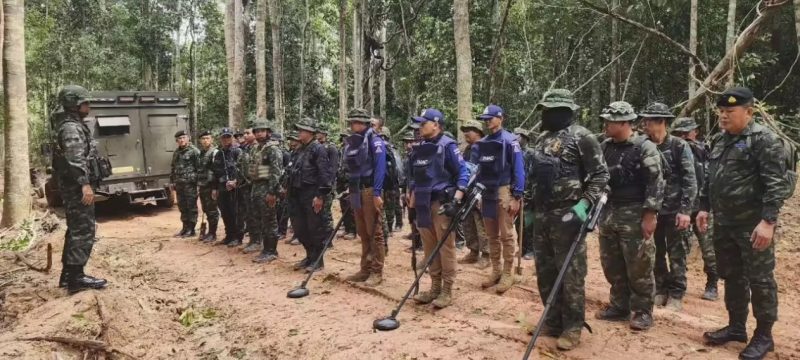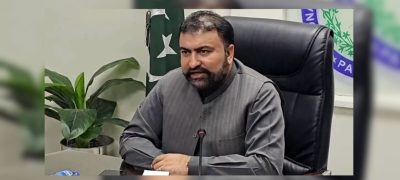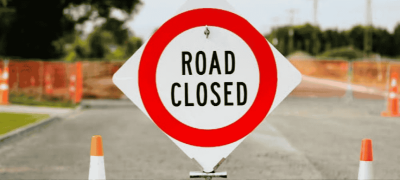Tensions between Thailand-Cambodia have reached new heights after deadly border clashes resulted in at least 12 fatalities. The violence has led to mutual accusations of military aggression, civilian casualties, and diplomatic tensions. The situation is now attracting significant attention from regional stakeholders.
According to Thailand’s health minister, Somsak Thepsuthin, the recent exchange of fire left 11 Thai civilians and one soldier dead. The clashes, which occurred near the disputed border, also caused injuries to several others. The Thai government condemned Cambodia’s actions, accusing its forces of targeting civilians and a hospital, calling it a “war crime.”
Thailand’s military further condemned Cambodian military actions, stating that the use of heavy weaponry led to numerous deaths and injuries in provinces along the border. The army listed several areas that were severely affected, including Sisaket, Surin, Ubon Ratchathani, and Buriram provinces. In addition to the loss of life, significant damage was reported to residential buildings and agricultural land. In response to the growing violence, Thailand has closed several border crossings with Cambodia for security reasons.
The conflict has sparked conflicting narratives from both nations. Thailand’s National Security Council claims the violence started when Cambodian forces deployed surveillance drones near the border, followed by an unprovoked attack on Thai troops. In retaliation, Thailand alleges that Cambodian forces used heavy artillery, including BM-21 rocket launchers, causing substantial damage on Thai territory.
On the other hand, Cambodia’s Ministry of National Defence accuses Thailand of initiating hostilities by breaching an agreement and placing barbed wire around a culturally sensitive Khmer-Hindu temple. Cambodia asserts that its forces acted in self-defense after Thai troops reportedly opened fire.
In a Facebook statement, Cambodian Prime Minister Hun Manet called for peace while asserting that his country would respond with military force if necessary. His father, former Prime Minister Hun Sen, echoed these sentiments, urging citizens to continue their daily lives but avoid the border region.
The Cambodian government has also sought international intervention, calling for an emergency meeting of the United Nations Security Council to address Thailand’s alleged aggression. The letter, sent by Prime Minister Hun Manet, requests the Council’s intervention to halt the violence.
China, a key ally of Cambodia, has expressed deep concern over the escalating conflict. The Chinese government has urged both nations to resolve their differences through dialogue and has issued travel advisories for its citizens to avoid the border region.
The situation between Thailand-Cambodia remains tense, with both nations standing firm in their positions. The international community is closely monitoring developments, hoping for a peaceful resolution to the ongoing border dispute.
Also Read: Orakzai Terror Attack: Seven Scouts Martyred, Four Attackers Killed in Clash









